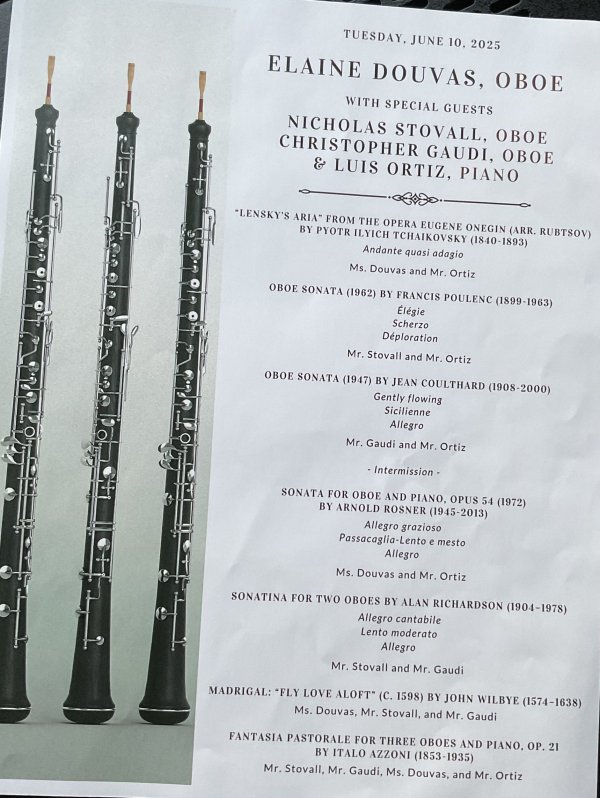Thank you for your follow-up.
What I was trying to say was to say was that I think the article falls short in not explicitly defining believability.
My understanding of the article is that it posits “believable musical performance” as a goal but goes on to say "Such a goal is one that, arguably, cannot be fully achieved... ."
That in itself does not tell us what is "believability" or what counts as "believable musical performance."
I don't think the article defines believability or has that as its intent. Belief in itself seems, imo, an act of faith or conviction. Perhaps it is a psychological condition or state about accepting something that is beyond strict empirical or logical proof. "I believe in ..."
It goes on to say "we use the sound of real music and real musical instruments (the absolute sound) as the reference standard." That can be understood as what I'll call the object of belief for the author -- what he/we are gauging our belief against.
So ... we are listening to our stereos ... at what point or under what psychological conditions do we say "what I'm hearing leads/causes me to find the reproduction sufficient to convince me I'm hearing the sound of "real music"?
I would answer "never". And, per the quote above, the article seemingly agrees inasmuch as it says that can never be achieved. Reproduction is not the reality of the thing reproduced.
But ... such is the goal and some hold fast to that goal despite knowing/believing it will always be only a goal, unobtainable. Absent that, what is one's goal? Pleasure or enjoyment may not require believability. Martin says "“It sounds good” is too vague to be a useful observation." Whether it is a sufficient goal is up to the listener.
I’d like to think that I should have a reasonable idea of what a live acoustic instrument can sound like because I have played a lot of fingerstyle guitar. Yet I would not be confident to say that there is a unique characteristic live sound.
That in part is why I talk about haing a composite or template of sound built up through multiple experiences. I agree there is not singular characteristic that define live sound, however I know it when I hear it and don't hear it. Having played multiple pianos and listened to many live pianists, I know what a piano sounds like and what it does not sound like. When I hear a recorded piano my composite helps me gauge if what I'm hearing sounds more or less like real piano sound.
Therefore, I’d argue that recordings can only ever be a fake copy of the sound of the original instrument. Furthermore, most recordings are not even attempting to emulate the natural sound of acoustic instruments, but rather to create something entirely original.
I would say facsimile rather than "fake copy". While a recording is original, I don't believe originality is a primary goal.
Thus the problems of believability listed in the article are about trying to make the sound more impressive and convincing, not exactly copying live sound.
I agree that the article talks about the "problems of believability" as the issues associated to making reproduction more convincing, or not hindering belief.







